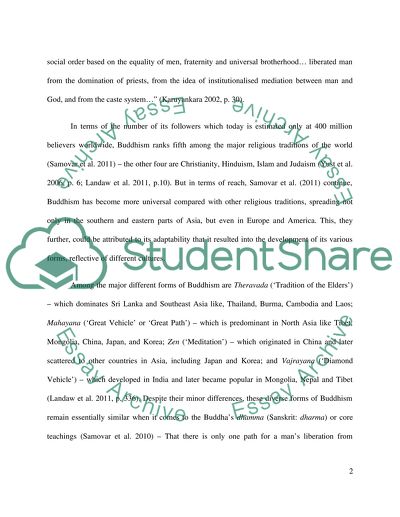Cite this document
(“Karma in Buddhism: Not Fate but an Act of Volition Essay”, n.d.)
Retrieved from https://studentshare.org/philosophy/1404473-karma-in-buddhism-not-fate-but-an-act-of-volition
Retrieved from https://studentshare.org/philosophy/1404473-karma-in-buddhism-not-fate-but-an-act-of-volition
(Karma in Buddhism: Not Fate But an Act of Volition Essay)
https://studentshare.org/philosophy/1404473-karma-in-buddhism-not-fate-but-an-act-of-volition.
https://studentshare.org/philosophy/1404473-karma-in-buddhism-not-fate-but-an-act-of-volition.
“Karma in Buddhism: Not Fate But an Act of Volition Essay”, n.d. https://studentshare.org/philosophy/1404473-karma-in-buddhism-not-fate-but-an-act-of-volition.


